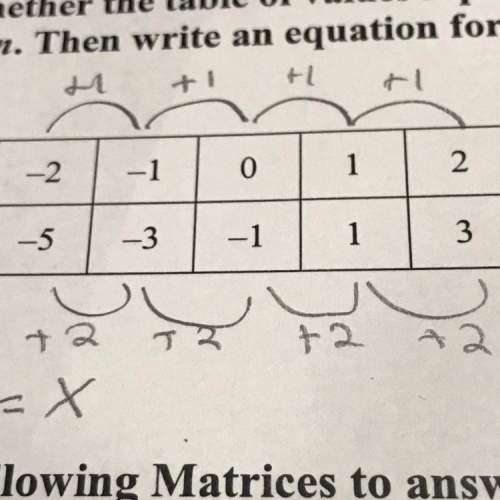
Mathematics, 03.08.2019 05:10 hilljade45
Let θ be a bernoulli random variable that indicates which one of two hypotheses is true, and let p(θ=1)=p. under the hypothesis θ=0, the random variable x has a normal distribution with mean 0, and variance 1. under the alternative hypothesis θ=1, x has a normal distribution with mean 2 and variance 1.suppose for this part of the problem that p=2/3. the map rule can choose in favor of the hypothesis θ=1 if and only if x≥c1. find the value of c1.for this part, assume again that p=2/3. find the conditional probability of error for the map decision rule, given that the hypothesis θ=0 is true. p(error|θ=0)=find the overall (unconditional) probability of error associated with the map rule for p=1/2.

Answers: 1


Another question on Mathematics

Mathematics, 21.06.2019 16:30
Answer the following for 896.31 cm= km 100cm = 1m 1000m = 1km a) 0.0089631 b) 0.0089631 c) 8.9631 d) 89.631
Answers: 1


Mathematics, 21.06.2019 22:00
In dire need~! describe how to use area models to find the quotient 2/3 divided by 1/5. check your work by also finding the quotient 2/3 divided by 1/5 using numerical operations only.
Answers: 1

Mathematics, 21.06.2019 22:10
If p(a) = 0.70 and p(b) = 0.20, then a and b are independent events if
Answers: 3
You know the right answer?
Let θ be a bernoulli random variable that indicates which one of two hypotheses is true, and let p(θ...
Questions




Mathematics, 02.09.2020 02:01

Mathematics, 02.09.2020 02:01




Mathematics, 02.09.2020 02:01




Mathematics, 02.09.2020 02:01


Mathematics, 02.09.2020 02:01

Mathematics, 02.09.2020 02:01

Mathematics, 02.09.2020 02:01

Law, 02.09.2020 02:01






